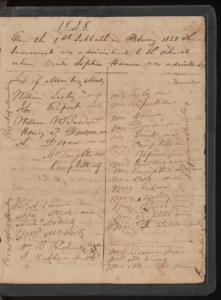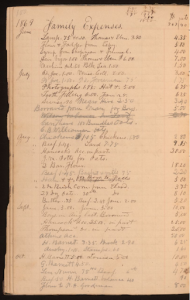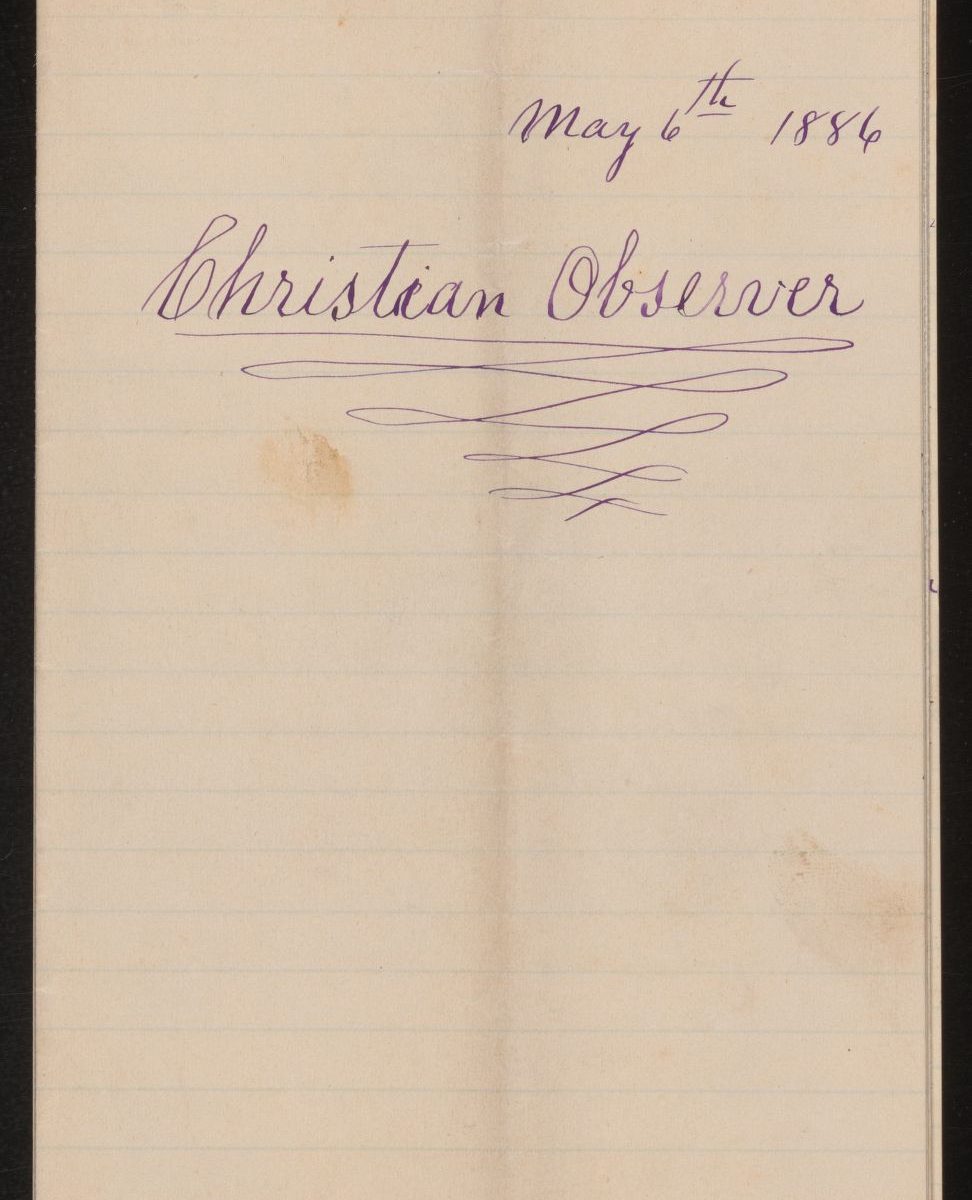Selected by Georgia stakeholders and funded by the DLG, these materials document the Church’s interaction with slavery, emancipation, and religion.
These collections are:
Lexington Presbyterian Church (Lexington, Ga.) records, 1822-1916.
The names of enslaved church members may be found inside this collection. It’s possible that these are the sole documents proving that some of these people actually existed. There are also records of famous academics and politicians who lived in Oglethorpe County, Georgia.
Henry Newton papers, 1842-1900.
Henry Newton grew up in Athens, Georgia, as a Presbyterian preacher. In 1841, he received his bachelor’s degree from the University of Georgia, and in 1845, he received his master’s degree from Columbia Theological Seminary. Newton preached to both enslaved and liberated African Americans throughout the state from 1845 to 1897 in several northeast Georgian churches.
These projects are the Columbia Theological Seminary’s second collaboration with the DLG.
Ashley Simpson, former president of the Athens Historical Society and Georgia historical marker researcher, describes the importance of having these materials available for research freely online:
“Digitization has allowed historians, genealogists, family researchers, and the merely curious to see and use records without harming the originals.
During COVID, we discovered that we could all work with the digitized manuscript simultaneously by working remotely.
Access to digital copies of original documents permits some claims to be verified and some misinformation to be disproven.
Granting digital access to the Henry Newton papers and the Lexington Presbyterian Church records facilitates a greater understanding of daily life and the rich historical background of northeast Georgia. ”
View these collections online
About Columbia Theological Seminary
Columbia Theological Seminary exists to educate and nurture faithful, imaginative, and effective leaders for the sake of the church and the world. It is an educational institution of the Presbyterian Church (U.S.A.) and a community of theological inquiry, leadership development, and formation for ministry in the service of the church of Jesus Christ. Visit ctsnet.edu for more information.
Selected images:
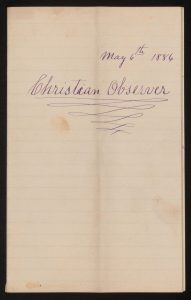
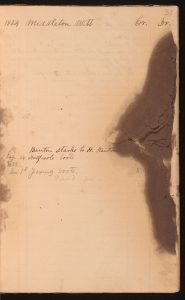
Account book of reverend Reverend Henry Newton. This account book features lists of transactions, family expenses, monies paid out, and produce received from churches, all dating from 1853 to 1870. In addition, there is a list of sermons performed by Newton organized by the book of the Bible from which they came. Also included are notes on a contract for building additions to Newton’s home and a list of sermons ‘Preached to Negroes at Thyatira at Jefferson at Concord.’
